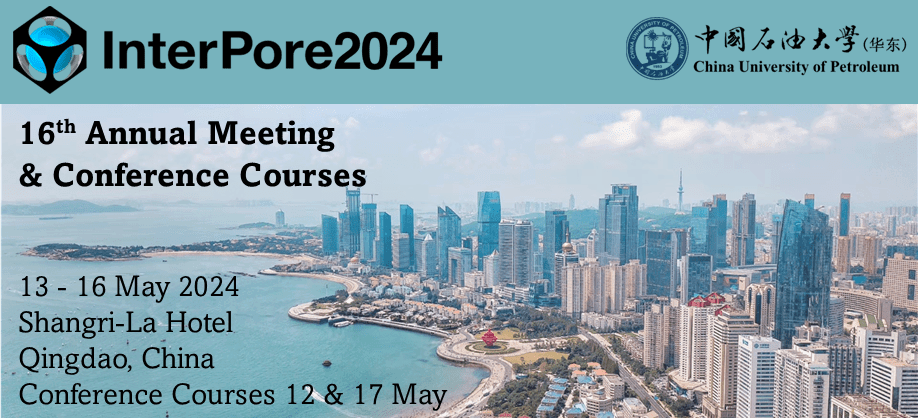Speaker
Description
Abstract:The phenomenon of abnormal low resistivity values in shale is widespread at the base of the Longmaxi Formation in the southern Sichuan region,and the gas content between different low resistivity shale gas wells have obvious differences.In order to explore the controlling factors and the differences in nanoscale pore structures of different resistivity shale, the shale of the Longmaxi Formation in the Changning area of the Sichuan Basin was taken as the research object.Firstly,according to the characteristics of electric logging curves and the production capacity,the shale wells of Longmaxi Formation in Changning area were divided into ultra-low resistivity wells(Rt<1Ω·m),low resistivity wells(1Ω·m<Rt<20Ω·m),and normal resistivity wells (Rt>20Ω·m).Secondly,the effects of organic matter,conductive minerals and pore fluids on the resistivity of shale were analyzed through the rock electrical experimental,and the main controlling factors of shale resistivity were clarified.Finally, the reservoir space of the shale reservoirs of the Longmaxi Formation in the study area was characterized by argon ion polishing scanning electron microscopy, low-field nuclear magnetic resonance,carbon dioxide and nitrogen adsorption.The results show that the ultra-low resistivity wells are mainly affected by the graphitization of organic matter,which leads to the exponential decrease of shale resistivity,while the low resistivity wells are mainly affected by the high water saturation,and the shale resistivity decreases relatively little.There are great differences in the microscopic pore structure of shale reservoirs with different resistivity.The ultra-low resistivity wells have the lowest porosity (the mean is 3.38%),and the worst inter-pore connectivity and openness (the mean hysteresis coefficient is 0.21).There was little difference between the porosity of low resistivity wells(The mean is 6.22%) and normal resistivity wells (the mean is 6.14%),and the normal resistivity wells (the mean hysteresis coefficient is 0.13) were better than those of low resistivity wells (the mean hysteresis coefficient is 0.15).
| Country | China |
|---|---|
| Porous Media & Biology Focused Abstracts | This abstract is related to Porous Media & Biology |
| Acceptance of the Terms & Conditions | Click here to agree |




.jpg)
